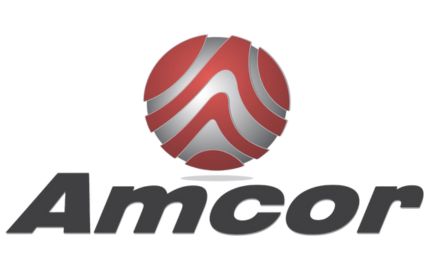Month: December 2019
-
What is Specialty Compounding?
Posted on
by
Within the plastics industry, compounding is the process of mixing and blending a base polymer with additives to manufacture a polymer blend that provides a specific set of properties. The compounding process is typically achieved via extrusion. The base polymer and the […]
-
Benefits of Polymer Processing Aids Amcor
Posted on
by
Polymer Processing Aids (PPAs) are additives combined with the base polymer to improve the processability and processing characteristics of the material as well as improve the quality of the final product. More specifically, PPAs improve the melt processability and handling of the […]
